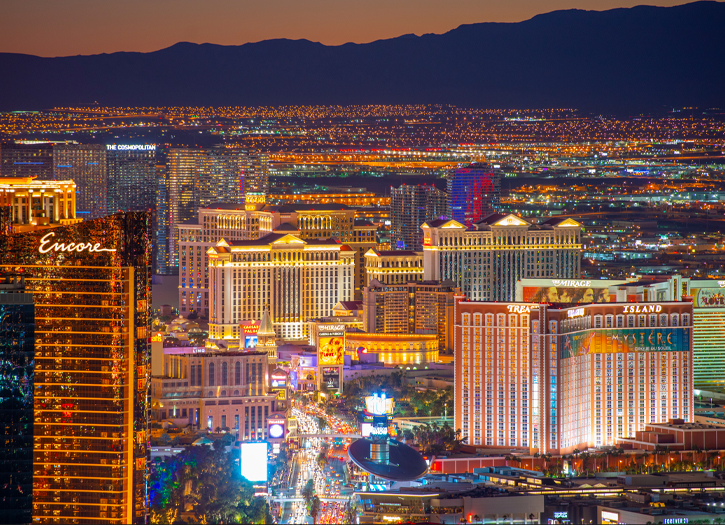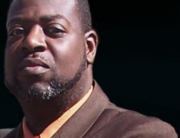The COVID-19 pandemic was confirmed to have reached the U.S. state of Nevada on March 5, 2020. Because of concerns about coronavirus disease 2019 (COVID-19), Nevada governor Steve Sisolak declared a state of emergency on March 12, 2020. Four days later, Nevada reported its first death. As of October 25, 2020, there have been 95,703 positive cases and 1,748 deaths reported in the state. On March 17, 2020, Sisolak ordered the closure of non-essential businesses in the state, to help prevent the spread of the coronavirus.
On March 17, 2020, Sisolak ordered all non-essential businesses closed for 30 days, starting on March 18, in order to prevent the spread of the coronavirus. Casinos were among businesses ordered to shut down. More than 40 emergency food distribution sites were set up around the Las Vegas Valley to help unemployed people affected by the closures, and many casino companies donated un-used food from their resorts. Grocery stores, hardware stores, pharmacies, banks, and gas stations were among businesses considered essential.On March 24, 2020, Sisolak prohibited stockpiling of the anti-malarial drugs chloroquine and hydroxychloroquine (Plaquenil), both of which were being studied as possible treatments for coronavirus.
On April 29, 2020, Sisolak extended his stay-at-home order until May 15. He said that coronavirus cases and deaths had leveled out, although he did not expect to reopen casinos until phase three or four, neither of which had a firm date set. Sisolak also signed a directive that would ease some coronavirus-related restrictions beginning on May 1, 2020. Retailers and marijuana dispensaries would be allowed to offer curbside pick-up, while churches could offer drive-in services. Golf courses, as well as tennis and pickleball courts, would also be allowed to reopen. Up to that time, several rural counties had urged Sisolak to quickly reopen the state’s economy, particularly in areas that had low populations with fewer cases of coronavirus.
On June 18, 2020, the American Hotel and Lodging Association reported that among U.S. states, Nevada would have the fourth lowest state and local tax revenue for 2020, losing an estimated $1.1 billion. Up to that point, the state had received more than 600 COVID-19-related business complaints since the phase one reopening. The complaints included non-essential businesses operating when they were not supposed to, and businesses that were not enforcing safety precautions. Positive cases of COVID-19 continued to rise through the end of the month, with indoor venues presenting the biggest risk. Nevada had the highest estimated transmission rate of any U.S. state, with each COVID-19 case resulting in 1.56 new infections.
By July 16, 2020, Clark County had been included as a “red zone” in a report filed for the White House Coronavirus Task Force. It was included in the report because the state, along with 17 others, had reported 100 new cases per 100,000 people in the week prior. Another reason was because more than 10 percent of COVID-19 testing returned a positive result. The county began evaluating whether additional measures were necessary to deal with the virus.On July 21, 2020, 28 new deaths were reported which was the most for the state in a day and may be a result of delayed reporting.
On September 12, 2020, President Trump held an outdoor rally at Minden–Tahoe Airport, as part of his 2020 presidential campaign. The Minden rally attracted more than 5,000 people, and Sisolak criticized Trump for holding the event, as public gatherings were still limited to 50 people. Sisolak later said that Douglas County could be forced to pay back $8.9 million in funding from the CARES Act, saying that the county’s approval of the event put residents at risk for catching COVID-19. Douglas County had approved the event citing First Amendment rights and the rare opportunity to host a presidential speech.
In mid-October 2020, more than 100 playgrounds in Las Vegas reopened, with COVID-19 safety precautions being mandated. Such precautions were ignored a few days later when President Trump attended a church service and held a campaign rally in the state.On October 20, 2020, Sisolak said there would be no new COVID-19 restrictions for the time being, despite the rise in cases.







Add Comment